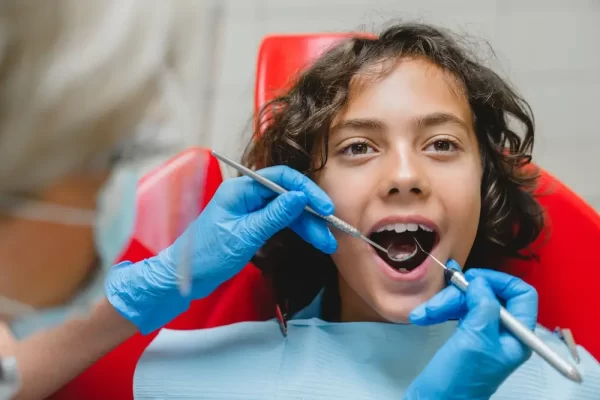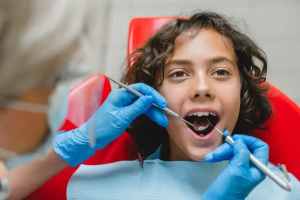Special Considerations For Dental Health For Seniors
2 min read
As individuals age, maintaining optimal dental health becomes crucial for overall well-being. Seniors face unique challenges in oral care due to factors such as natural aging processes, health conditions, and changes in lifestyle. These following special considerations recommended by dentists in Abu Dhabi are vital for preserving dental health and ensuring a comfortable and confident smile in the senior years.
Increased risk of tooth decay and gum disease:
Seniors are often more prone to tooth decay and gum disease due to factors like reduced saliva production, medication side effects, and medical conditions. Regular dental check-ups become even more critical to detect and address these issues early on.
Dry mouth management:
Many seniors experience dry mouth, a condition where there is insufficient saliva production. Dry mouth can lead to oral health issues, including cavities and difficulty chewing and swallowing. Staying hydrated, using sugar-free lozenges or gum, and considering artificial saliva products can help manage dry mouth symptoms.
Oral cancer awareness:
The risk of oral cancer increases with age. Regular oral cancer screenings during dental check-ups are essential for early detection. Seniors should be vigilant and promptly report any unusual changes in the mouth, such as persistent sores or discoloration.
Denture care:
For seniors with dentures, proper care is vital. Clean dentures daily, remove them at night to allow the gums to rest, and ensure regular dental check-ups to assess the fit and condition of dentures. Ill-fitting dentures can lead to discomfort and oral health issues.
Sensitivity and gum recession:
Aging often brings increased tooth sensitivity and gum recession. Using a soft-bristle toothbrush and toothpaste designed for sensitive teeth can help manage discomfort. Regular dental cleanings and fluoride treatments can also contribute to reducing sensitivity.
Medication considerations:
Many seniors take medications that can have oral health implications, such as causing dry mouth, gingival overgrowth, or increased risk of bleeding. It’s crucial to inform the dentist about all medications being taken to tailor oral care recommendations accordingly.
Mobility challenges:
Seniors with mobility issues may find it challenging to maintain oral hygiene. Electric toothbrushes, floss holders, and adaptive tools can make brushing and flossing more manageable. Caregivers and family members may need to assist seniors in their oral care routines.


